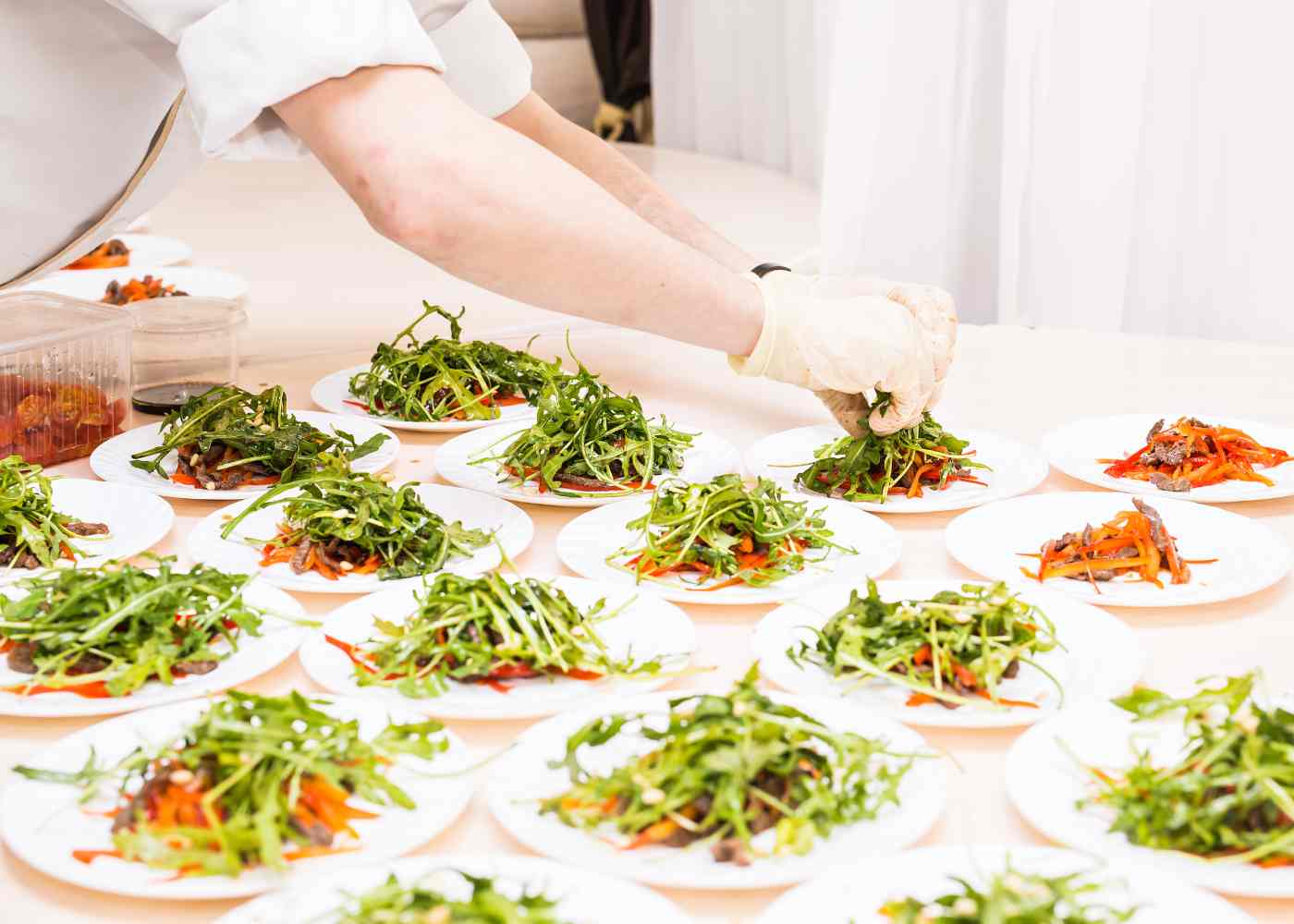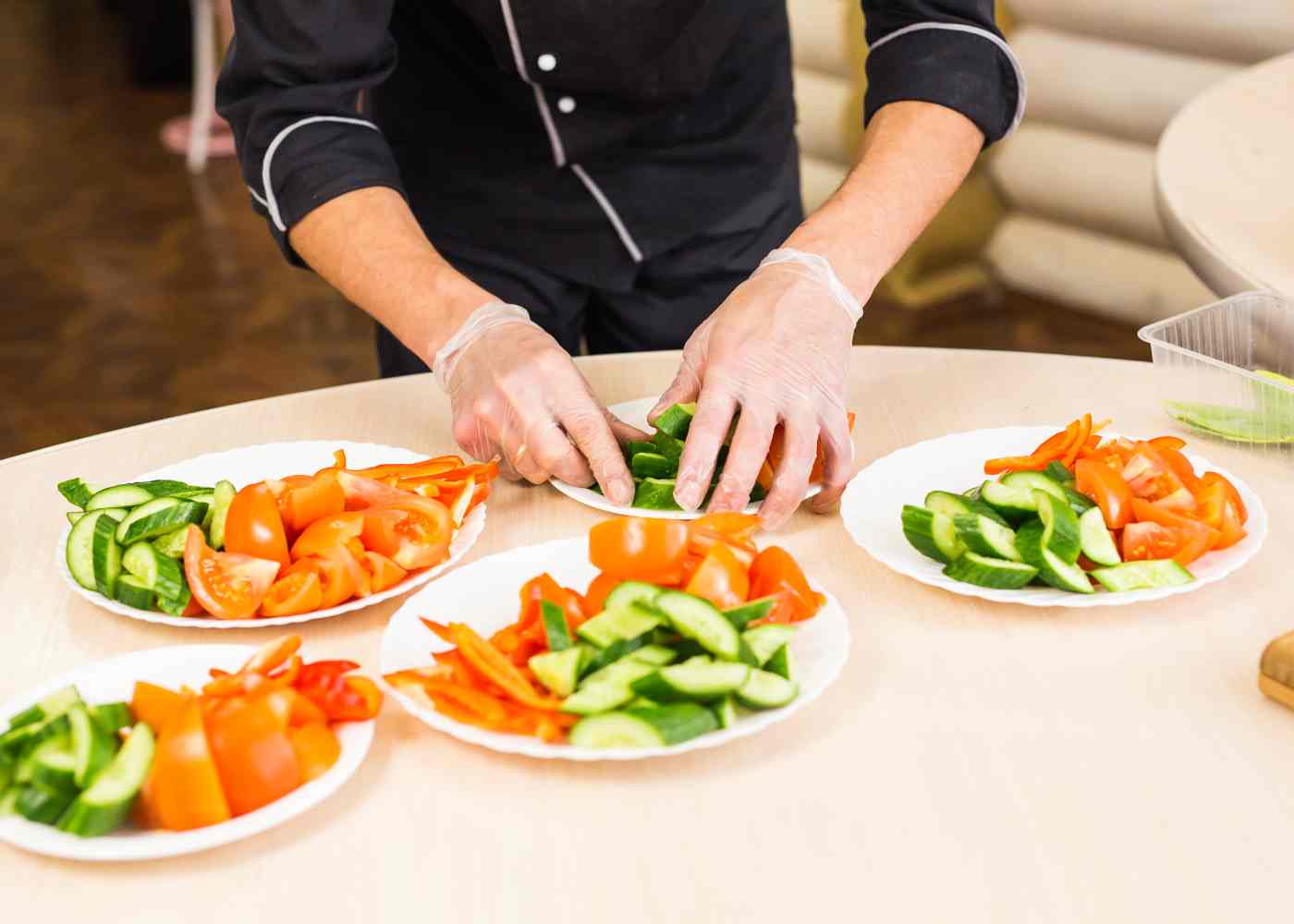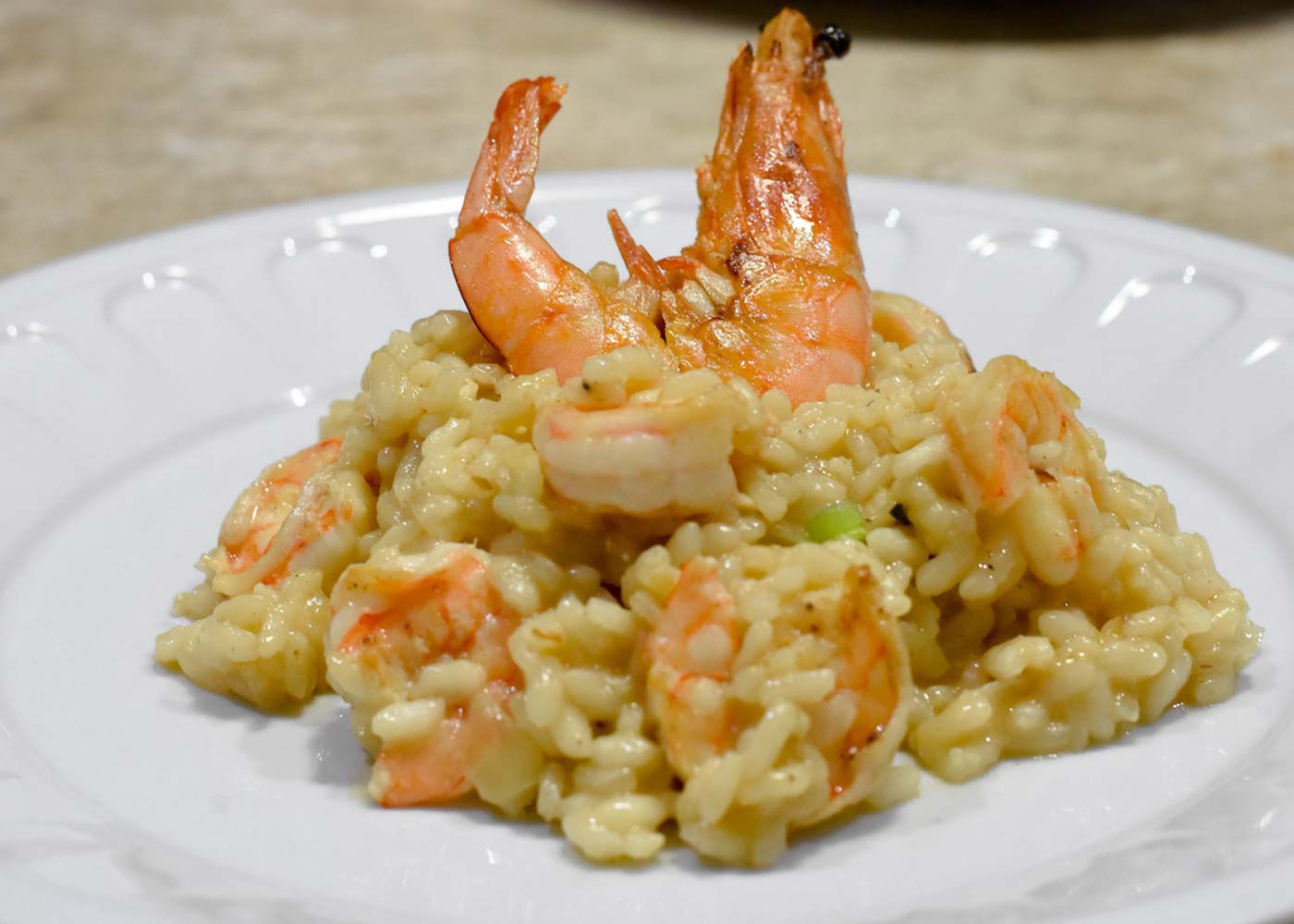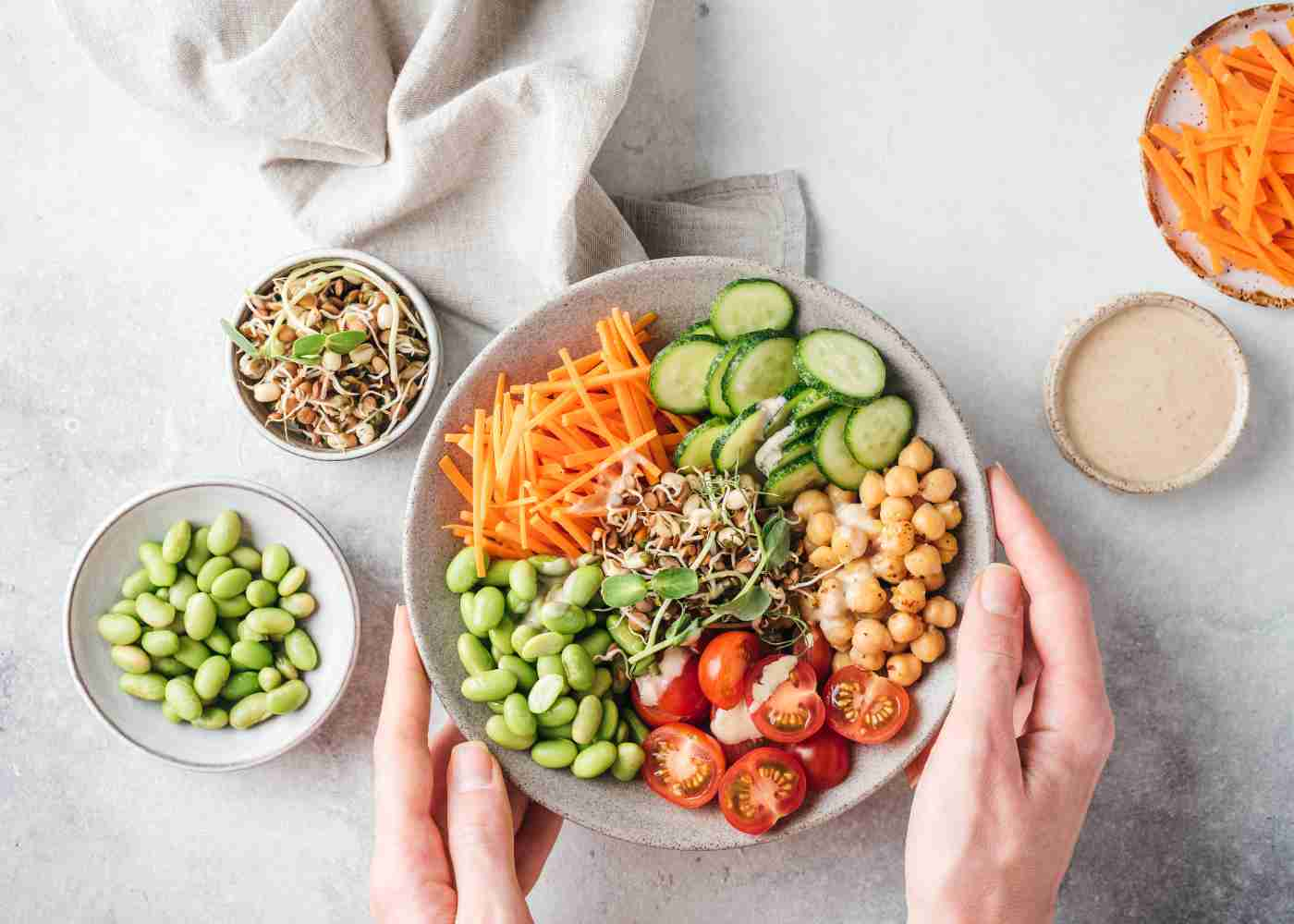
Plant-based gastronomy is the art of creating meals out of plant-based ingredients such as vegetables, grains, and legumes. It has become increasingly popular in recent years due to its health benefits and environmental sustainability. Plant-based cuisine relies on ingredients that are free from animal products, meaning that dishes are both vegan and vegetarian-friendly. The focus on fresh produce also means that many plant-based meals can be cooked quickly and easily at home or served professionally in restaurants. Eating a diet rich in fruits, veggies, nuts, and seeds not only helps reduce our carbon footprint, but it can also help us stay healthy by supplying essential nutrients for our bodies. Plant-based gastronomy is a great way to enjoy delicious food while still doing your part for the environment!
The Evolution of Plant-Based Cuisine
The history of plant-based cuisine dates back centuries, with many cultures having their own unique take on it. Plant-based dishes were originally seen as a way to stretch limited resources and provide nourishment for those in need. During the Renaissance period, more emphasis was placed on vegetarianism for health reasons, leading to an expansion of the types of plant-based dishes available. Today, plant-based meals are enjoyed around the world and have become increasingly popular in recent years due to their health benefits and sustainability credentials.
Celebrity chefs are playing an important role in bringing plant-based cuisine into mainstream restaurant culture. Chefs such as Gizzi Erskine and Jamie Oliver have created delicious yet simple vegan recipes that can be cooked at home or served professionally in restaurants. These chefs also use social media platforms like Instagram to share their creations with fans across the world, inspiring others to try out different vegan dishes too! With so much variety now available when it comes to cooking with plants, there is something for everyone™s palate, whether you're looking for light salads or hearty stews!

Understanding Plant-Based Ingredients
Nuts and seeds are an important component of plant-based cuisine as they provide a good source of protein and essential fatty acids. Nuts like almonds, walnuts, cashews, pistachios, or peanuts can be added to salads for crunchiness or blended into sauces and spreads. Seeds such as sesame, sunflower, or pumpkin offer valuable nutrients too and can be sprinkled on top of dishes as a garnish. When using nuts and seeds in cooking, it is important to consider their fat content. Although these foods can be beneficial when eaten in moderation, overindulging could have negative impacts on our health.
Including superfoods in recipes is another way to maximize the nutrient density of plant-based meals while making them more enjoyable at the same time! Superfoods are foods that are packed with vitamins, minerals, and antioxidants, which help protect our bodies from disease. Common examples include berries (strawberries, blueberries, etc.), leafy greens (spinach kale, etc.), legumes (lentils, chickpeas) quinoa grains (brown rice oatmeal) mushrooms avocados chia seeds flaxseeds hemp hearts goji berries cacao powder spirulina turmeric maca root powder bee pollen matcha powder wheatgrass juice, etc. These ingredients not only add flavor but also provide nutritional benefits that will keep us feeling energized throughout the day!
How to Succeed with Plant-Based Gastronomy
Preparing Plant-Based Dishes: Cooking plant-based dishes can seem daunting at first, but with a little practice, it can become second nature! Start by stocking up your pantry with staples like grains, legumes, and canned tomatoes; these will form the base of many recipes and are easy to store for long periods of time. Make sure you have an array of fresh produce in your fridge too”think peppers, onions, mushrooms, and root vegetables, as well as leafy greens like spinach or kale. With the right ingredients at hand, you™ll be able to create all kinds of delicious meals!
Creating Delicious Meals: Once you™ve got the basics down pat, it™s time to get creative! Experimenting with herbs and spices is a great way to add flavor without relying on animal products such as butter or cheese; try using garlic, ginger, or turmeric in sauces or stir fries for a punchy taste that complements plant-based ingredients perfectly. Adding nuts and seeds is also an excellent way to make dishes more filling while providing extra vitamins and minerals! Finally, don™t forget about textures. When cooking vegetarian food, it's important to vary how we prepare our veggies so they appeal visually as well as tastewise (think roasted cauliflower florets rather than boiled).
Sustainable Eating: A key benefit of eating plant-based foods is that they are much better for our environment than those derived from animals; fewer resources are needed in production, meaning less damage is caused along the supply chain. However, it's still important to consider where exactly our ingredients come from: look out for labels such as 'Fairtrade, which indicate that workers were paid fairly throughout production processes; opt for organic varieties whenever possible too, so toxins aren't entering our bodies via what we eat.

The Future of Plant-Based Fine Dining
The future of plant-based fine dining is an exciting one, with more and more restaurants around the world embracing vegan and vegetarian cuisine. Plant-based diets have been gaining traction in recent years due to their health benefits and environmental sustainability. Studies have shown that following a plant-based diet can reduce our risk of developing chronic diseases such as cancer or diabetes while also helping us live a greener lifestyle. Restaurants are now introducing innovative menus featuring creative dishes made from ingredients like vegetables, grains, and legumes; these meals rival traditional meat dishes for taste without having any detrimental impact on our health or planet!
Plant-based gastronomy has become increasingly popular in professional kitchens too, as chefs strive to create unique flavor combinations using fresh produce. From mushroom risotto to roasted cauliflower steak, there are endless possibilities when it comes to creating delicious vegan and vegetarian food. Many restaurants use locally sourced ingredients whenever possible to ensure minimal damage is done during production processes; this reduces the restaurant™s carbon footprint while also supporting local businesses at the same time!
It's not just high-end establishments that are taking part either; fast food chains around the world are beginning to offer plant-based alternatives too. Burger joints now offer veggie patties alongside beef burgers, while fried chicken outlets often provide seitan nuggets instead of chicken wings. This gives people who don't eat animal products greater choice when eating out, which is great news for everyone involved!
Overall, it seems clear that plant-based gastronomy is set to revolutionize how we eat out in the future. With so many tasty options available both at home and away, we can enjoy delicious meals without worrying about our health or harming animals along the way!

Conclusion
With the numerous benefits of plant-based gastronomy, it is no surprise that this style of cooking and eating has become increasingly popular in recent years. Not only does it help reduce our risk of developing chronic diseases like cancer or diabetes, but it also helps us live a greener lifestyle by cutting down on emissions generated from animal farming. What™s more, restaurants are now beginning to offer more creative dishes made with ingredients such as vegetables, grains, and legumes; these meals rival traditional meat dishes for taste without having any detrimental impact on our health or planet!
In addition to its environmental sustainability credentials, plant-based cuisine can also be incredibly nourishing. With so many delicious superfoods available, such as berries, leafy greens, and nuts and seeds, we can easily increase the nutrient density of meals while still enjoying fantastic flavor combinations at the same time. Fast food chains are beginning to adopt vegan menus too, so those who don't eat animal products have greater choice when dining out”an added bonus for everyone involved!
Overall, embracing plant-based gastronomy is a great way to enjoy delicious yet nutritious meals while helping protect our environment at the same time. As celebrity chefs continue to share their creations via social media platforms across the world, they will inspire others to explore different vegan recipes too”something that can only benefit us all in terms of both health and sustainability!



















